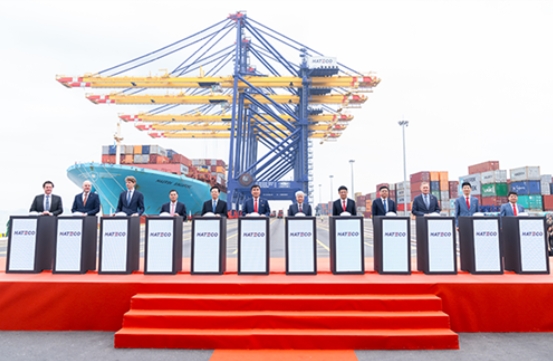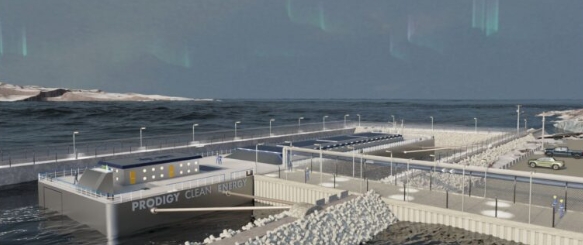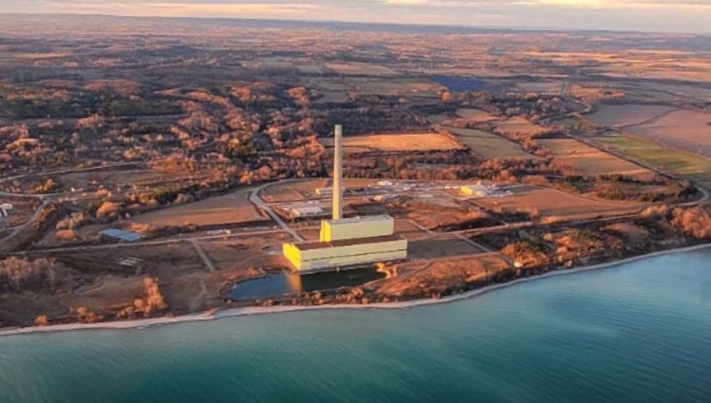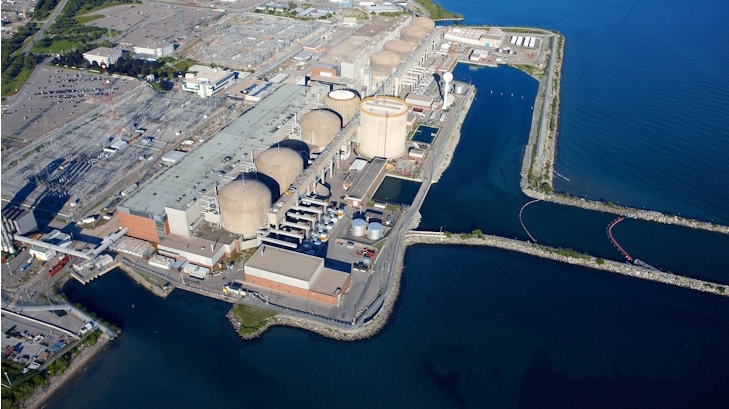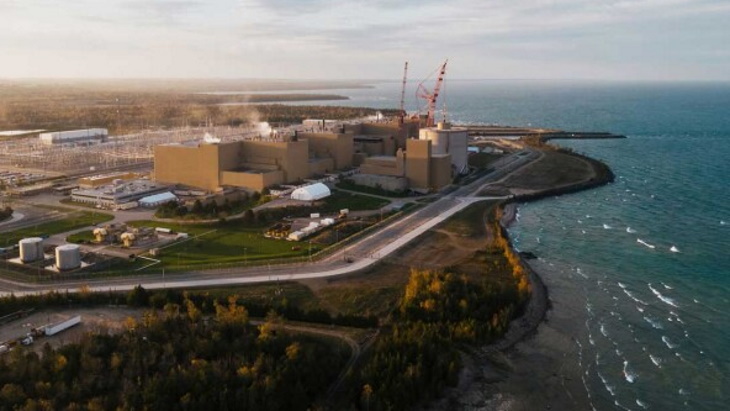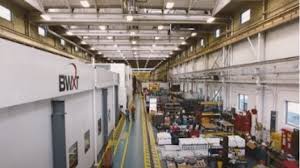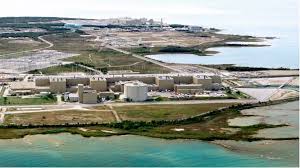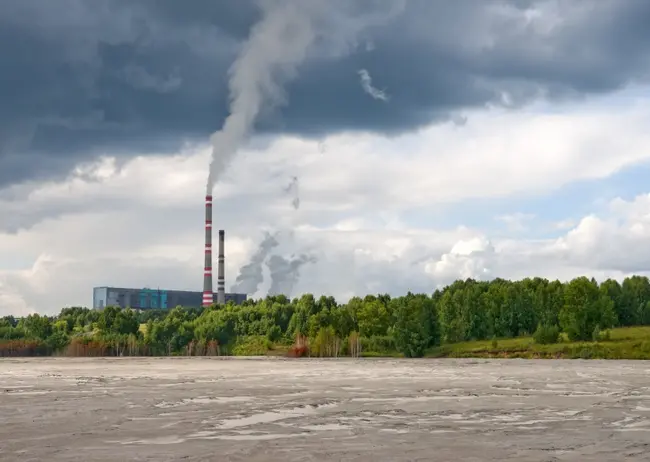Energy efficiency practices have far-reaching financial benefits for the underprivileged as these provide daily cost savings, especially at a time when the global economy is under pressure.
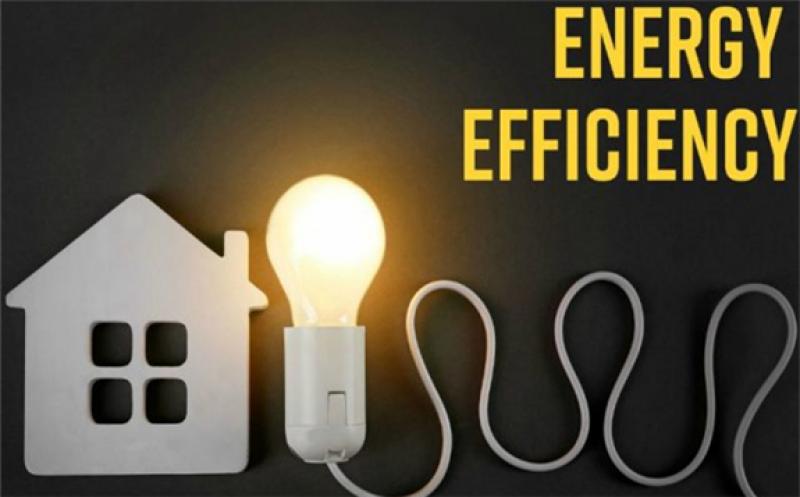
The South African National Energy Development Institute (SANEDI) believes people need to be fully informed, to understand the importance of sustainable energy practices in order to benefit from the associated savings.
In South Africa, Government has since 2003 made Free Basic Electricity (FBE) services available to the country’s poorest households. This means that each household receives 50kWh per month; which provides enough power for basic lighting and a small TV and radio.
Homes that have pre-paid electricity meters can monitor their usage and top up when the free electricity is used, while those with conventional meters will be charged at the end of the month for the extra used.
Barry Bredenkamp, general manager energy efficiency at SANEDI believes this is where energy efficiency and its financial benefits come into play. “This will stretch the allocated FBE services and translate into approximately financial savings of up to as much as 30% of the normal monthly electricity bill,” he explains.
“Those households that are reliant on monthly grants and FBE will immediately start benefiting from cost savings associated with the implementation of energy efficiency interventions, for example coating roofs with Cool Surface paint, insulating leaky windows and doors and purchasing the correct, more energy efficient appliances. It will free up money for other pressing expenses, ultimately contributing to the quality of their daily lives,” says Bredenkamp.
As mentioned above, there are additional immediate energy efficient and inexpensive steps that can be taken: replacing all lighting with LED bulbs; carefully monitoring water heating usage; using more energy efficient appliances and cooking with LPG gas. Long-term strategies include recoating roofs with cool roof technology to alleviate to use of cooling appliances such as fans and switching to solar-powered energy resources.
Energy efficiency research
SANEDI, together with the University of Cape Town (UCT), is currently conducting an in-depth study that aims to collate household-level energy data relating specifically to energy consumption and appliance usage patterns. This will form an important part of reviewing the country’s energy efficiency goals and set new targets.
Previously, it has been difficult to obtain accurate energy consumption data from the South African residential sector. Importantly, this study will build on previous work conducted by the Department of Mineral Resources and Energy under the umbrella of the Standards & Labelling Programme, to enhance the understanding of household energy consumption and appliance ownership and choices.
“The study will for example look at households’ understanding of where electricity is used and how it can be reduced. Also, it will investigate whether appliance energy efficiency is a purchasing consideration,” explains Bredenkamp.
The access to energy challenge
Access to energy remains a major global challenge with approximately one in seven individuals impacted and almost three billion using polluting fuels like paraffin and wood for basic heating and cooking purposes, says the World Bank. Critically, access to energy has a direct impact on the underprivileged, which are more likely to remain poor if they stay unconnected, not to mention the negative health impacts associated with indoor air quality, as a result of burning these fuel sources.
In those countries where access to energy is gaining momentum, renewable energy is not growing at the same rate. “It is encouraging to see an upward trend; however, many are still lagging behind when it comes to educating users on the benefits of energy efficiency or implementing renewable energy sources from the get-go,” says SANEDI’s official.
“The reality is that energy efficiency and sustainable energy go hand in hand with financial savings; it’s a relationship that has the potential to make a significant impact on the energy-hungry world we live in.” concludes Bredenkamp.
